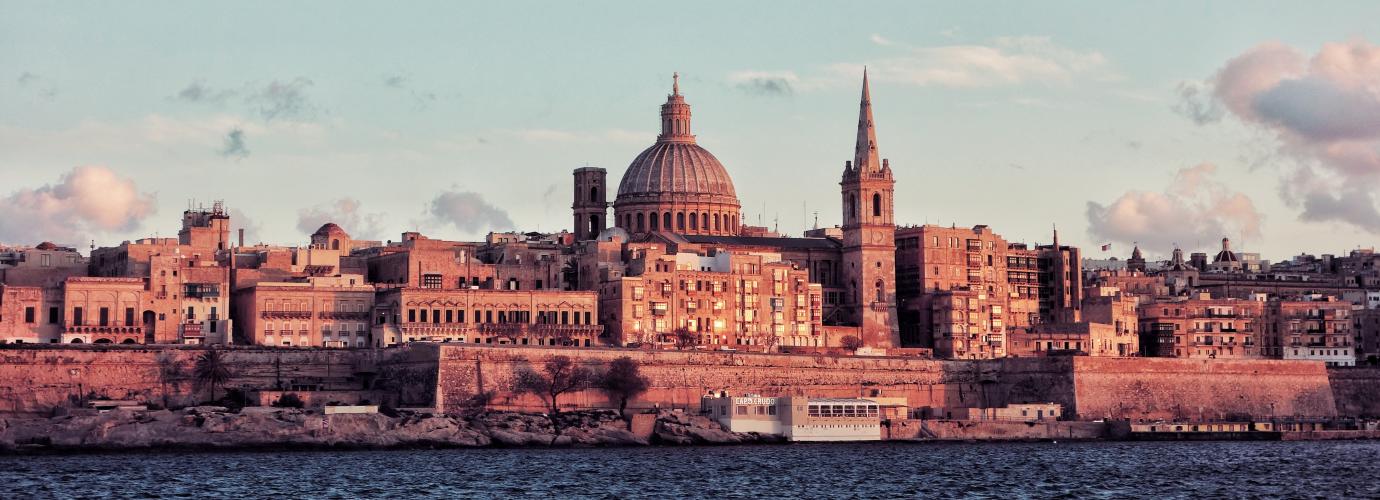University of Malta (UM)
The governing bodies of the University of Malta (UM) are the Council, the Senate and the Faculty Boards while the Principal Officers administering and managing the UOM are the Chancellor, the Pro-Chancellor, the Rector, the Pro-Rectors, the Secretary and the Deans and Deputy Deans of the Faculties. The functioning of these bodies and the appointment of the Principal Officers are set out in Part VII of Chapter 327 of the Laws of Malta, the Education Act.
The main functions of the Council, which is the University’s supreme governing body, include the administration of movable and immovable property at the UM, payment of salaries to academic and non-academic staff and the establishment or removal of Faculties, Departments and Institutes as is necessary to ensure the proper organisation of academic work. The main functions of the Senate include the regulation and monitoring of research, documentation and examinations in the University and the admission requirements and recognition of qualifications of foreign universities or institutes of higher education. The key responsibilities of the Faculty Boards are to guide the studies, research and teaching track programmes occurring within each particular Faculty as well as their future development.
The Senate is largely responsible for the academic matters, primarily regulating studies, research, documentation and examinations at the University. Entry regulations at the University of Malta are also established by Senate.
The Chancellor is the highest officer of the UM and is responsible for its conformity with the law. The Pro-Chancellor is the ex officio president of the Council and performs the duties of Chancellor whenever this is necessary. The Rector is responsible for the daily running of the UM and is the president ex officio of the Senate and Faculty Boards. The Rector leads and manages all staff, teaching and non-teaching, and all Faculties at the UM and has the power to summon the Council, Senate and Faculty Boards as he/she deems fit. In addition, the Rector also has the authority to award University Degrees, diplomas, certificates and other distinctions. The Secretary is the second highest administration officer of the UM while the Dean of the Faculty is responsible for the daily running and administration of the Faculty under his/her remit.
The Chancellor is appointed for a term of seven years by the President of Malta following the advice and in agreement with the Prime Minister and the Leader of the Opposition. The Pro-Chancellor is appointed for a maximum of five years by the Chancellor after the approval of the Minister responsible for education. The Rector is elected by the Council for a term of five years and is the principal academic and administrative officer of the UM. The Pro-Rector is appointed by the Rector for a term of one year. The Dean of the Faculty is elected for a term of four years by the Faculty’s academic staff from amongst the Faculty’s heads of departments and the Deputy Dean is appointed by the Rector for one year after consultation with the Dean of the Faculty who also assigns him/her duties.
Malta College of Arts, Science and Technology (MCAST)
MCAST is governed by a Board of Governors made up of a President, a Vice-President and eight members while the daily running of the institution is managed by the Principal, who is also the Chief Executive Officer (CEO), and a Deputy Principal. The members making up the Board of Governors are appointed by the Minister responsible for Education for a three-year term, which appointment may be reconfirmed after the term expires. On the other hand, the Principal and CEO together with the Deputy Principals are appointed through a public call for eligible officers.
The duties and functions of the Board of Governors as well as of the Principal and Deputy Principals are laid out in Act XXXII of 2023, the MCAST Act (which replaced Part VIII of the Education Act).
Institute for Tourism Studies (ITS)
ITS is regulated by the Institute of Tourism Studies Act. It is governed by a Board of Governors, a Board of Studies and a Chief Executive Officer. The Board of Governors is appointed by the Minister responsible for Tourism for a period of three (3) years, and is composed of not less than seven and not more than nine members, out of which three are appointed by the Ministry responsible for Education. The Board of Studies, which is regulated by the Institute of Tourism Studies Act, and is a permanent board, is constituted by the Chief Operating Officer - Academia, the academic departments, the Registrar, an elected member from the academic staff, an elected member by the students’ council, and two members from the Board of Governors. Finally, the Executive Office is presided by the Chief Executive officer and constituted together with the Chief Operating Officer - Corporate Services and the Chief Operating Officer – Academia, both of whom are appointed through an open call for applications.
The functions and responsibilities of the Board of Governors, the Board of Studies and the Executive Office are governed by the Institute of Tourism Studies Act.
Institute for Education (IFE)
The IFE is run by the Chief Executive Officer (CEO) that was appointed by the then Minister of Education and Employment in 2015. Consequently, an external call for applications was issued in 2019 and contract period was extended in 2022. The contract is a definite one and is for a period of 36 months. The Minister responsible for education may establish an advisory board to assist the Chief Executive Officer in the discharge of her duties. This shall consist of not less than two and not more than four members appointed by the Minister responsible for the Agency.

